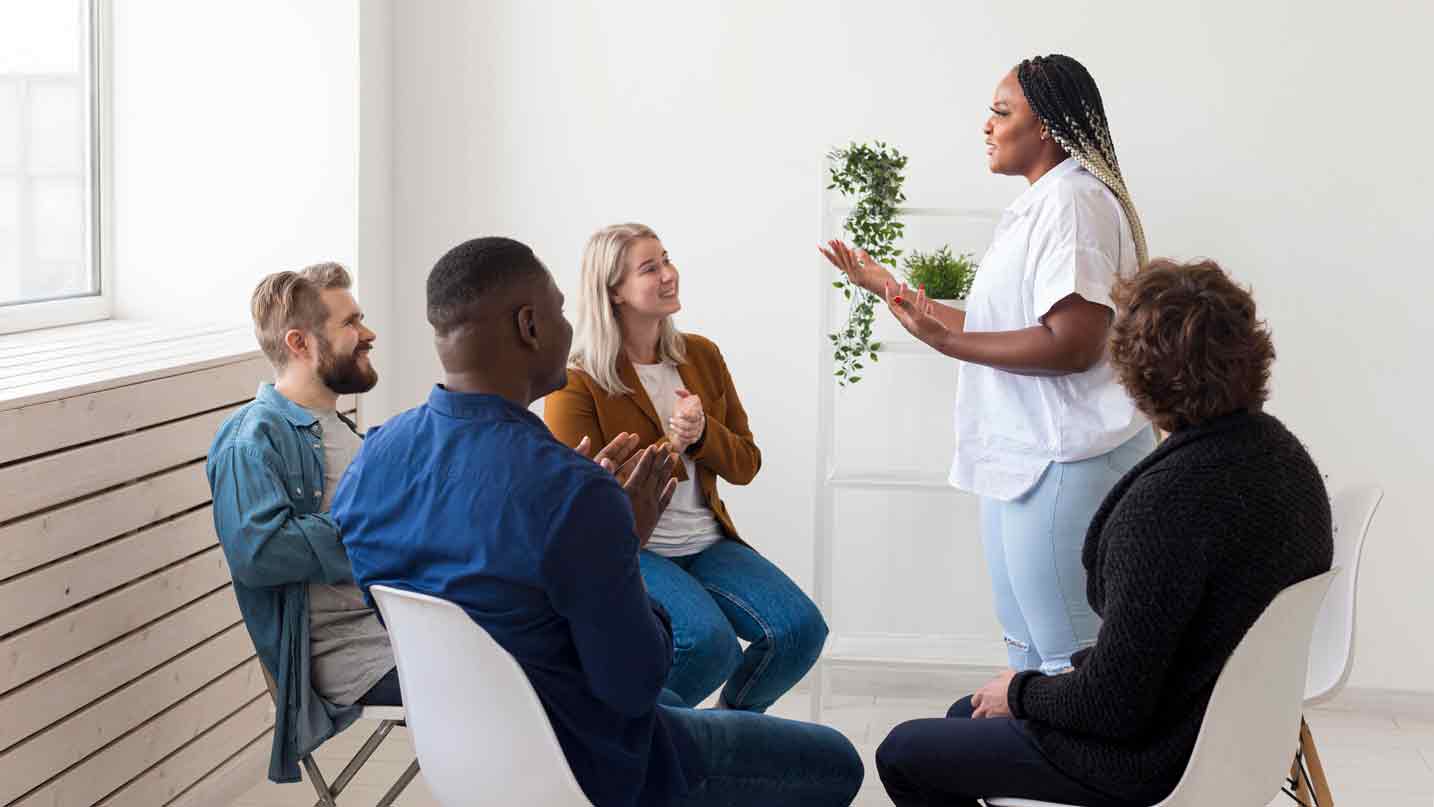
If you or someone you know is experiencing a mental health, suicide or substance use crisis or emotional distress, reach out 24/7 to the 988 Suicide and Crisis Lifeline (formerly known as the National Suicide Prevention Lifeline) by dialing or texting 988 or using chat services at suicidepreventionlifeline.org to connect to a trained crisis counselor. You can also get crisis text support via the Crisis Text Line by texting NAMI to 741741.
As I sit here, reflecting on the last few years of my life, I can’t help but think of the day I received the news that my good friend had taken his own life. It was a day that changed my life forever, and one that I will never forget. In the aftermath of his death, I learned seven important lessons that continue to shape my life to this day.
1. Recovery Is A Team Effort
The first, and perhaps most difficult, lesson was that some problems are just too big for one person to handle. My friend was struggling with a variety of issues, and despite my best efforts to help him, I couldn’t fix everything. While offering a listening ear was important, my friend needed professional help and a care team in place to intervene in a crisis. It was a painful realization, but one that taught me the importance of seeking help when we need it.
2. Grieving Is A Complex Process
It’s ok to grieve. Losing someone to suicide is a unique and complicated form of grief, and it’s not something that can be easily processed or understood. For months after his death, I found myself cycling through a range of emotions, from sadness and guilt to anger and confusion. It wasn’t until I allowed myself to fully feel and express these emotions that I was able to start healing. Learning to sit with our complex emotions is uncomfortable, but doing so — without judgment — is the first step in the healing process.
3. Suicide Is Complicated
Suicide is not necessarily a loved one’s choice to leave you, as some suicide loss survivors believe. I came to realize that my friend was not making a rational decision when he took his own life. He was in pain, and he couldn’t see a way out. Understanding this helped me let go of some of the anger and guilt that I had been holding onto.
ADS
4. Suicide Is Not The Answer
Suicide is never the answer. For those struggling with symptoms of mental illness, it may seem like a way out in the moment, but it causes immeasurable pain and suffering for those left behind. Every day, I think about all the things my friend will never get to experience, and it breaks my heart. I wish he could have seen the way his friends and family rallied around each other in the aftermath of his death, and I’m disappointed that he will never see the impact he had on so many lives.
5. Mental Illness Is An Illness Like Any Other
Mental health is just as important as physical health. I had always known this on some level, but it wasn’t until I saw firsthand how mental illness can consume someone that I truly understood the gravity of the situation. I wish we lived in a world where mental health was taken as seriously as physical health, and where people felt comfortable seeking help without fear of stigma or shame.
6. Breaking Stigma Means Speaking Up
We need to talk about suicide. It’s a difficult and uncomfortable topic, but it’s one that we can’t afford to ignore. The more we talk about it, the more we can break down the stigma and provide support for those who are struggling. I’ve had countless conversations with friends and loved ones about suicide since my friend’s death, and each time, I feel like we’re making a small but important step in the right direction.
7. Lived Experience And Peer Support Is Critical
The seventh and final lesson I learned was that I need to use my experience to help others. I wish I could go back in time and help my friend, but I can’t. What I can do is use my experience to help others who are struggling with mental illness or thoughts of suicide. Whether it’s volunteering at a crisis hotline or simply being there for a friend in need, I want to do everything in my power to prevent another tragedy like this from happening.
ADS
Moving on from this experience has been incredibly difficult, and there are still days when I struggle to come to terms with what happened. But I know that by continuing to learn from my friend’s death, I can honor his memory and make a positive impact in the world. I miss him every day, but I also know that his death has taught me some of the most important lessons I’ve ever learned.
Dr. Marielys Camacho-Reyes is an Army Veteran and the Founder and President of the Compassionate Hearts UNITED Foundation, Inc. Dr. Camacho-Reyes holds a Ph.D. in Psychology, specializing in antisocial behavior and posttraumatic growth. Dr. Camacho-Reyes is also the co-founder of a mental wellness and self-love subscription box called The Red Box of Mental Wellness.


